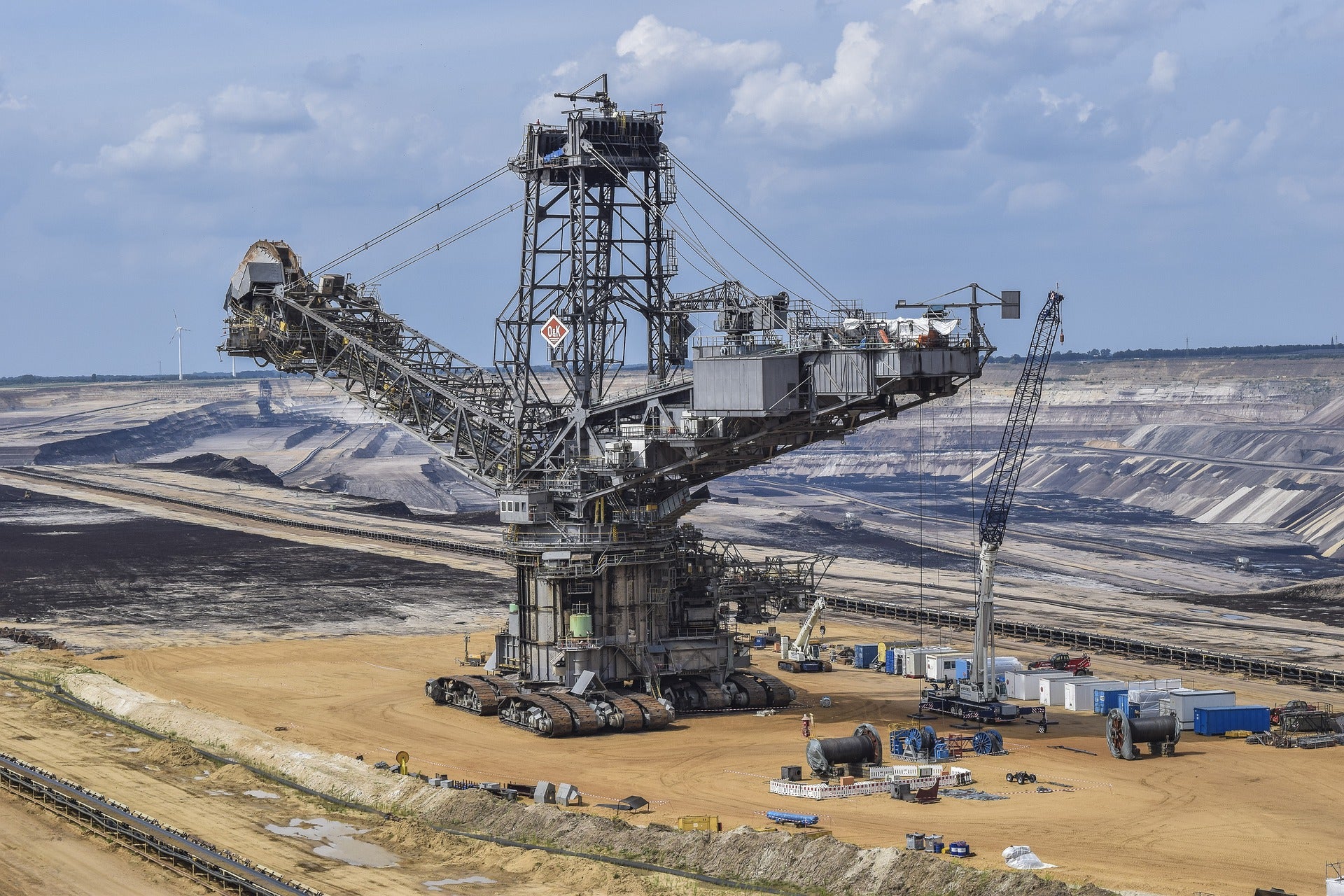
The Philippine Government has removed a nine-year moratorium on new mineral agreements in the country to increase revenues.
This follows the signing of the executive order (EO) No.130 by Filipino President Rodrigo Duterte. It amends Section 4 of EO No.79, s. 2012 that was signed by President Benigno Aquino III.
The new EO enables the government to make agreements for new mining projects, subject to compliance with local laws.
The order also allows for undertaking reviews of existing mining contracts for potential renegotiation of the terms and signing of agreements.
The new EO also directs the Department of Environment and Natural Resources (DENR) to ‘formulate the terms and conditions in the new mineral agreements that will maximize government revenues and share from production, including the possibility of declaring these areas as mineral reservations to obtain appropriate royalties, in accordance with existing laws, rules, and regulations’.
The EO also says: “The DENR shall likewise undertake a review of existing mining contacts and agreements for possible renegotiation of the terms and conditions of the same, which shall in all cases be mutually acceptable to the government and the mining contractor.”
The move by the government, however, raised concerns among anti-mining activists.
Commenting on the decision, environmental advocacy organisation Alyansa Tigil Mina (Stop Mining Alliance) said in a statement: “In the middle of a climate crisis and this pandemic, corporate interests and profit have won again over the welfare and benefits of the many.”
In 2017, Duterte signed the Tax Reform for Acceleration and Inclusive (TRAIN) Act. Section 48 of the law.
This doubled the excise tax rate 2% to 4% on minerals, mineral products, and quarry resources, reported Philippine News Agency.



